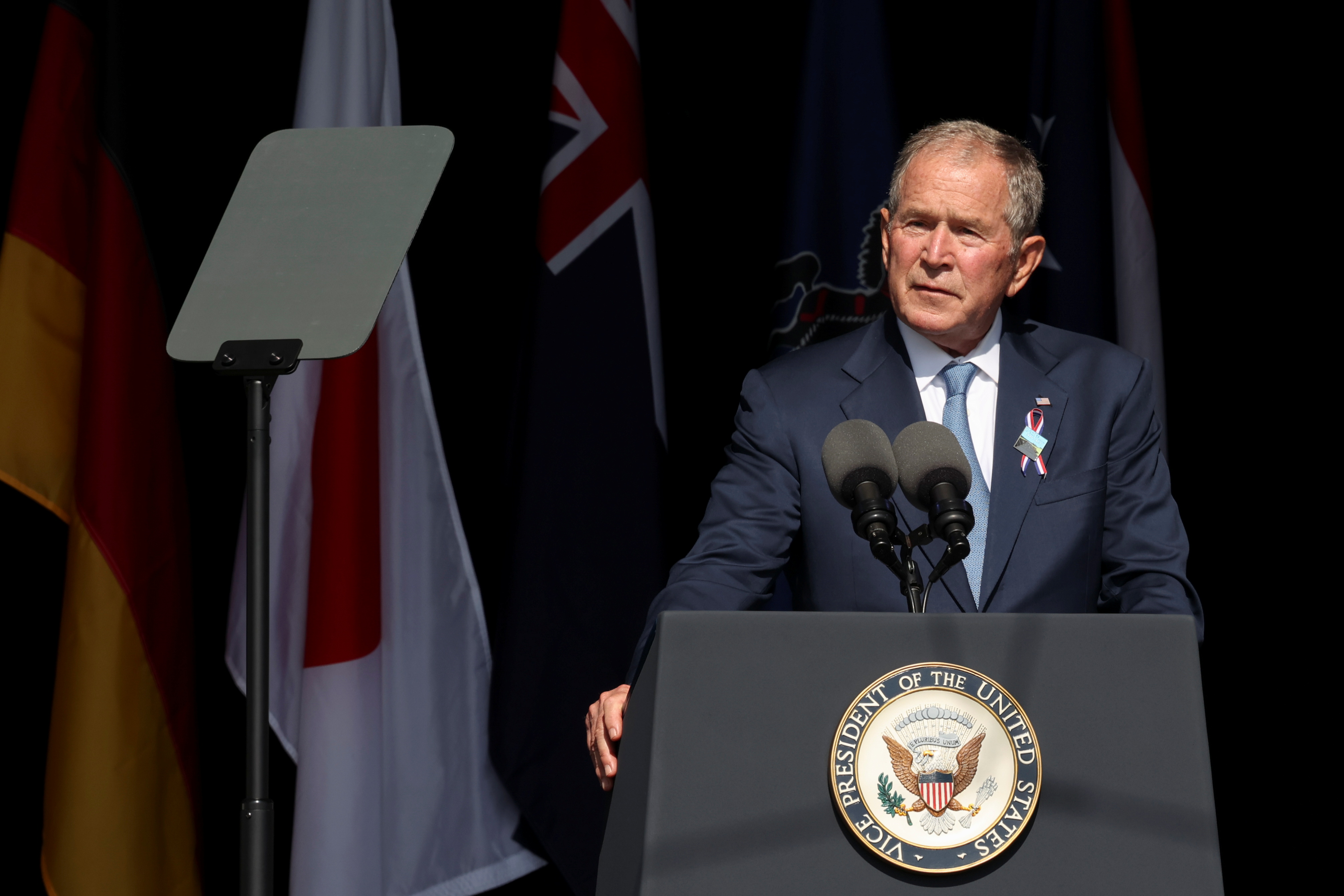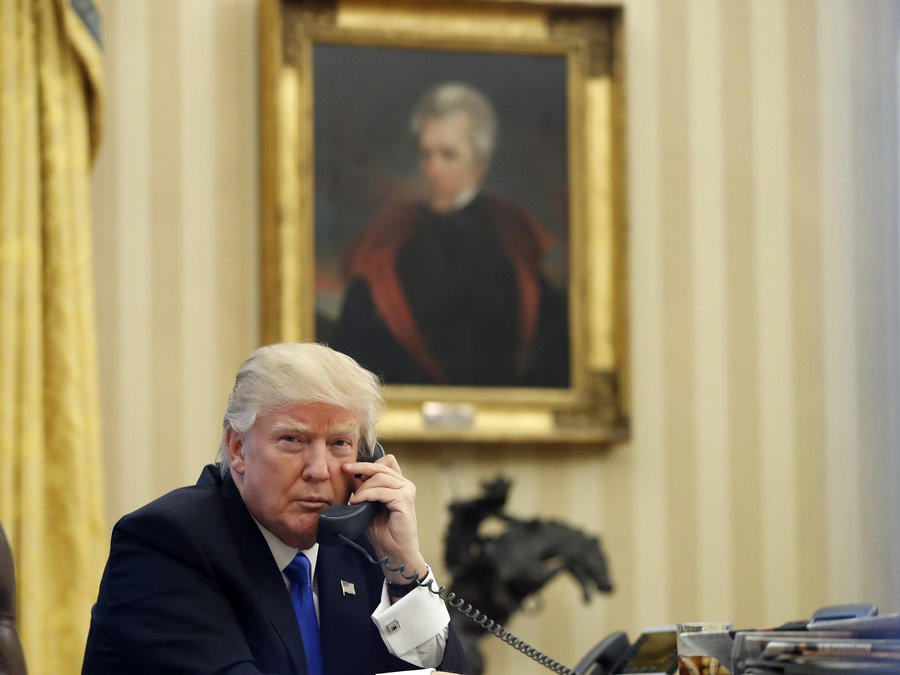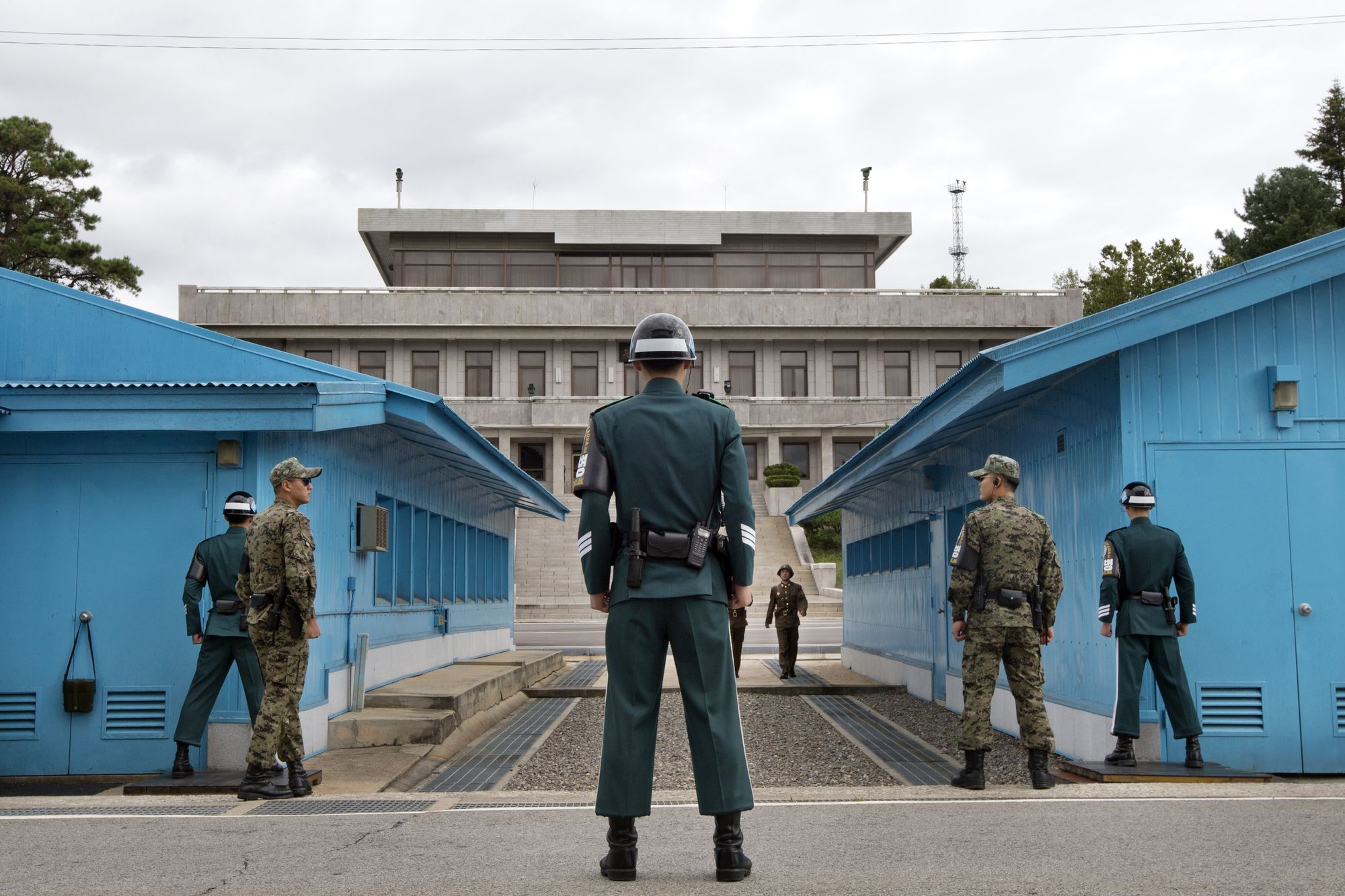There is more continuity in the history of U.S. military basing policy than is typically assumed.


There is more continuity in the history of U.S. military basing policy than is typically assumed.

So the New York Times reported on Beverly Gage, a history professor at Yale University, resigning from her post as head of the Brady-Johnson Program in Grand Strategy because of donor pressure....

Every self-respecting foreign policy expert who fancies themselves part of a realpolitik tradition talks as if the balance of power were everything. Now, I don't necessarily think of myself as a...

Numerous pundits have lamented the that Americans have not responded to the Covid pandemic with the unanimity they demonstrated after 9/11. But do we really want to return to the post-9/11 era of emergency consensus?

I had the good fortune during my brief appearance at ISA to take part in a roundtable on “Jacksonianism” in U.S. foreign policy. Organized by Jon Caverley, the roundtable sought to assess whether the Trump presidency represents a new equilibrium in which a Jacksonian foreign policy orientation has if not pride of place a more vaunted position than it once had. Excited to roundtable (is that a verb, yet?) with @jcaverley Lene Hansen @busbyj2 @MeganhMackenzie @swatipash about Trump, IR, and the new Jacksonian moment in world politics — at 1:45 PM today at #ISA2018 (Hilton Continental 4) — Josh...

In the academic community, the equivalent to ‘pics or it didn’t happen’ is ‘peer-review or it doesn’t count’. That’s why I decided to wait until I get some validation on the hypothesis about the Trump win that I was working on. The full paper is coming out in International Relations journal and this a (relatively) short teaser. Don’t worry, there is a Russian angle, just probably not the one you would expect. In the aftermath of Donald Trump’s presidential election victory, considerable blame was passed around by pundits and politicians alike, wondering how the Republican nominee managed to...

A Presidential summit in May is not a high risk / high reward scenario. It is Russian roulette. Last November the media poked fun when inclement weather kept Trump from getting his opportunity to stare down the enemy at the demilitarized zone (DMZ) separating North and South Korea. While Trump was reportedly frustrated with being denied this photo-op, it is regrettable for us all that he never made it. Despite the pageantry that comes with these visits, I know from experience that there is something visceral about standing at the world’s most heavily militarized border. There is a certain...
This is a guest post from Clifford Bob, Professor and Chair of Political Science at Duquesne University. A free press is a major check on shoddy government policies and bad ideas, but if journalists refuse to think critically about government pronouncements, that civic function fails. Worse yet, if the media magnifies and exaggerates official errors, a veneer of objectivity is cast onto poor quality or biased government information. We have learned this lesson many times in U.S. history, notably in the lead-up to the Iraq War. Robert Wright’s excellent Intercept article of last week makes...
“There is not one civilized nation in the world that ought to rejoice in seeing India escape from the hands of Europe in order to fall back into a state of anarchy and barbarism worse than before the conquest.” ~Alexis de Tocqueville, in correspondence with William Nassau Senior in 1857, regarding the Sepoy Rebellion in India. Psychologist Steven Pinker’s new book, Enlightenment Now: The Case for Reason, Science, Humanism, and Progress, has caused quite a stir. The book itself provides the reader with an optimistic narrative about how the contemporary period is the best time to be a human;...

This is a guest post from Tana Johnson, an Assistant Professor of Public Policy and Political Science at Duke University. She is the author of Organizational Progeny: Why Governments Are Losing Control over the Proliferating Structures of Global Governance (now available in paperback, Oxford University Press). Van Nguyen is an undergraduate at Duke University, majoring in Public Policy and Political Science. She is completing a senior honors thesis on inter-governmental institutions and immigrant integration. Within its first year in power, the Trump administration has transformed the U.S.’s...
As Josh has already noted, grandee of IR Stephen Walt published a condemnation of US professional schools of IR, calling them broken and claiming that while there is superficial innovation the ‘rot runs deep’. After noting that we should expect US foreign policy (fopo) to be better than it is in the hands of foreign policy professionals—many of whom receive graduate education in institutions like Walt’s Kennedy School of Government at Harvard—Walt concludes that the schools of IR must share some of the blame . After this fairly breezy assessment, Walt goes on to outline five ways the...

IR program rankings are out in Foreign Policy. Discuss. Steve Walt has a provocative column in the same issue that I'm sure he didn't title that suggests "America's IR Schools Are Broken." The argument isn't strictly the familiar one from him about methods but that scholars seeking influence in policy circles have rallied around conformist consensus positions: But perhaps the biggest limitation in today’s schools of international affairs — at least here in the United States — is their tendency to reinforce the stale bipartisan consensus behind “liberal hegemony” and the necessity for “U.S....